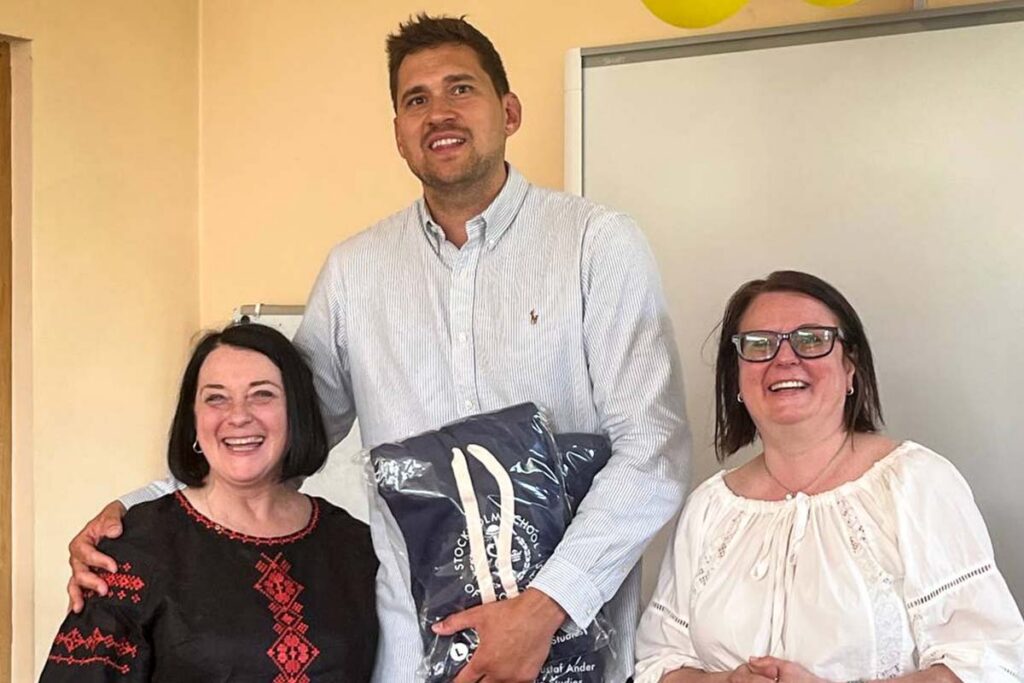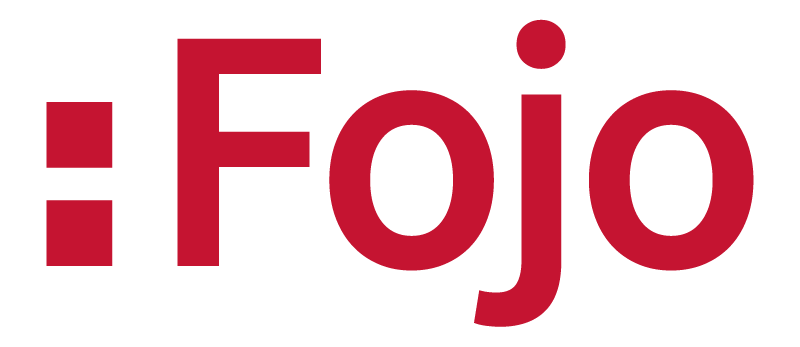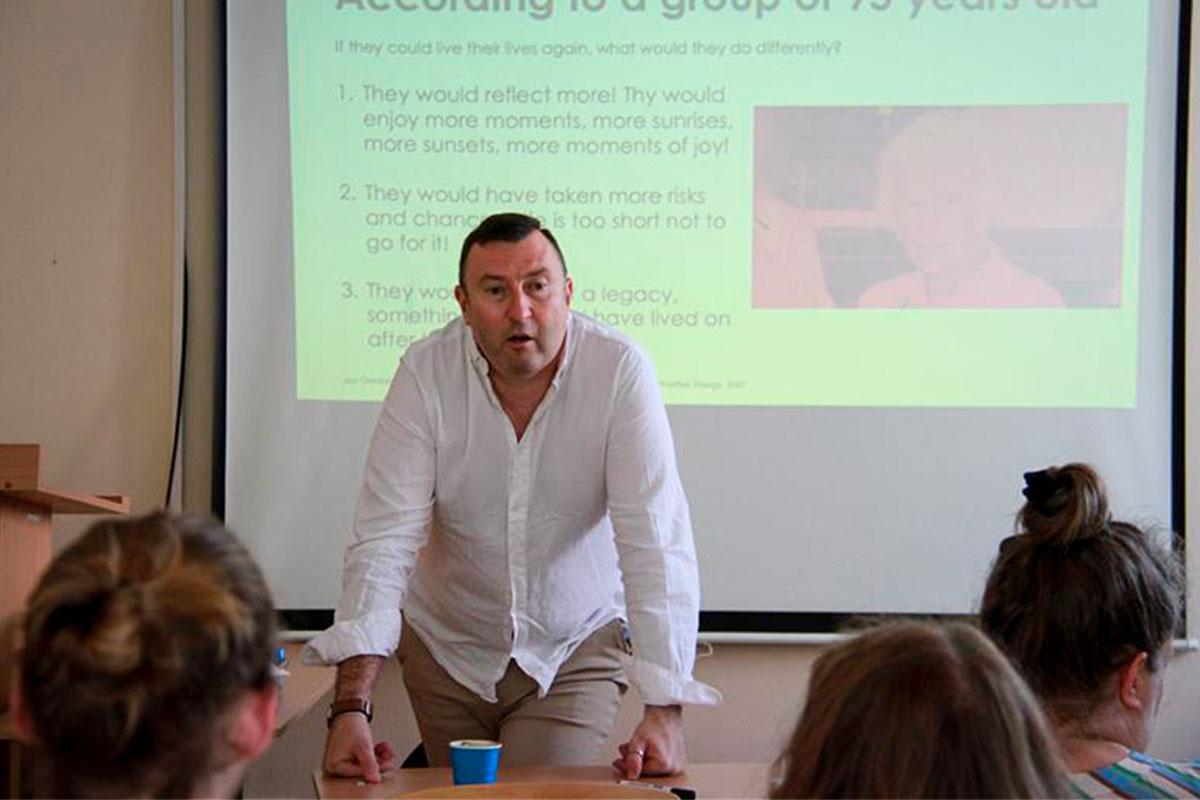Ten Ukrainian media leaders completed the four-month Educating Ukrainian Media Managers (EUMM) training programme, funded by the Swedish Insitute. In the midst of a full-scale war, they discussed not only media but also resilience, adapting to new realities and how to inspire a team in the face of darkness.
The final module of the international initiative took place in early June 2025 at the Institute of Journalism of Taras Shevchenko National University of Kyiv. Despite multiple air alerts in the capital, the sessions continued uninterrupted – a testament to the participants’ resilience and commitment to media development even under threat.
The programme, which ran from March to June 2025, consisted of four modules – two held online and two onsite in Kyiv. Participants included top managers from national and regional media outlets, as well as faculty members of the Institute of Journalism.
“We didn’t just discuss media,” said one of the participants – Andrii Bystrov, programme director at Ukrainska Pravda. “We talked about survival. About adapting to new realities. About building trust with our audiences. And about leadership as the ability to inspire your team – even in the midst of darkness.”
The curriculum focused on managerial strategies, financial sustainability, crisis communication, team building, leadership, marketing and the integration of AI tools into newsroom workflows. Sessions were led by a mix of Ukrainian and international experts.
“AI is not the enemy of journalism. It’s a tool that frees up time and energy for creativity,” emphasised Tom Trewinnard of Fathm. “Even small newsrooms can succeed if they choose the right solutions.”
The final module, held in Kyiv under the looming threat of air raids, centered on leadership development, editorial decision-making under pressure, team management and crisis communication. Intensive sessions were conducted by Gaigysyz Geldiyev from Jnomics Media and Peter Zashev (Hanken & SSE Executive Education, SSE Riga).
“I had the privilege of leading a session in Kyiv with some of the most resilient leaders in Ukraine’s independent media. Not in a bubble – but in the chaos of reality,” said Geldiyev. “What struck me most wasn’t just the questions or the case studies — it was the courage and commitment of these teams to keep building, no matter what”.
A key takeaway from the programme was the ability to make informed, strategic decisions amid uncertainty – a vital skill as Ukrainian media navigate the shifting realities of wartime.
The programme concluded with a certificate ceremony and a Swedish “fika” – a symbolic gesture as the final day coincided with Sweden’s National Day.
We believe that, participants returned to their newsrooms better equipped, more confident and supported by a stronger international and national peer network. That is the core mission of EUMM: to help Ukrainian media remain resilient, relevant and impactful in the face of constant pressure.
“We weren’t working with ‘typical students,’ but with seasoned managers already making critical decisions in their newsrooms,” said Edgars Spuravs, head of the Media Centre at the Stockholm School of Economics in Riga. “That’s why the programme was practical, dynamic and not academic.”

Organisers also highlighted the importance of embedding this knowledge locally to ensure lasting impact.
“We believe in education that’s rooted in reality. And we want programmes like this to be born and grow right here, in Ukraine,” said Yuliia Nesteryak, Ukrainian programme coordinator and associate professor at the Institute of Journalism.
The application process for the second cohort of EUMM will open at the end of August 2025.
The programme is jointly implemented by Fojo Media Institute (Linnaeus University, Sweden), the Stockholm School of Economics in Riga and the Institute of Journalism of Taras Shevchenko National University of Kyiv, with financial support from the Swedish Institute.
Its mission: to strengthen the leadership, financial, and strategic capacity of Ukrainian media managers navigating the challenges of full-scale war.



